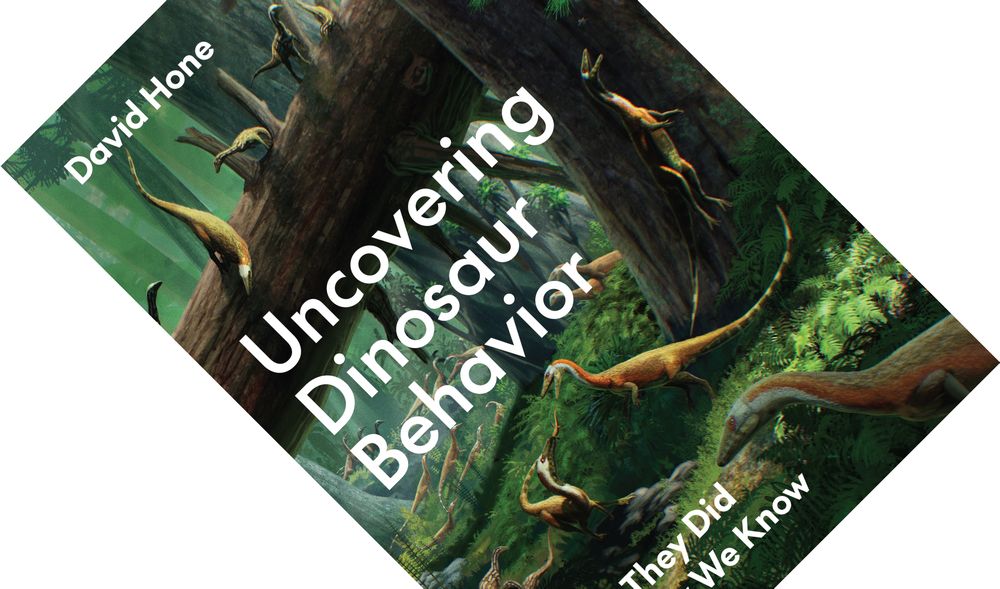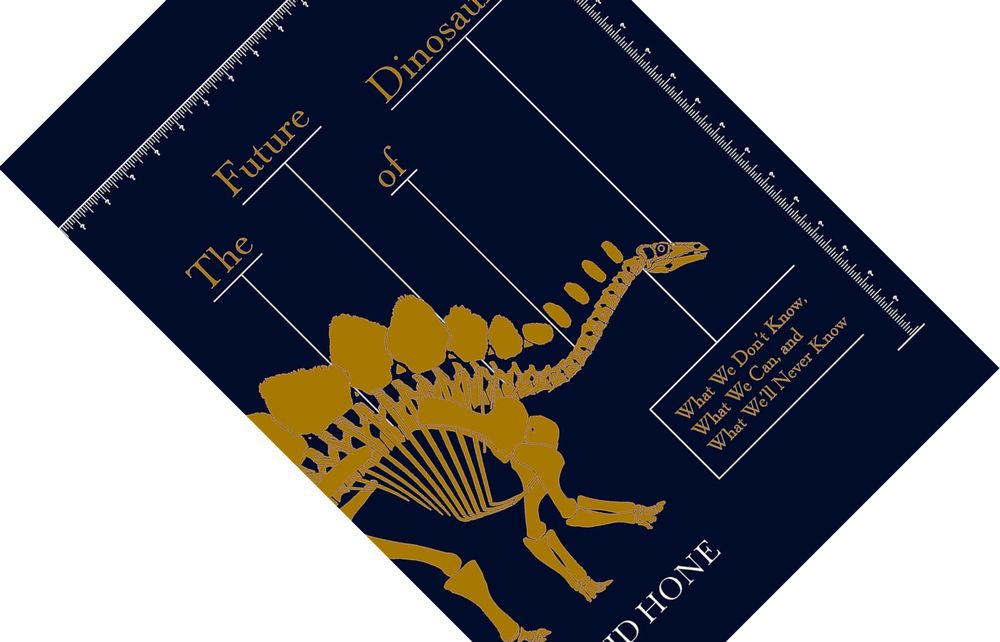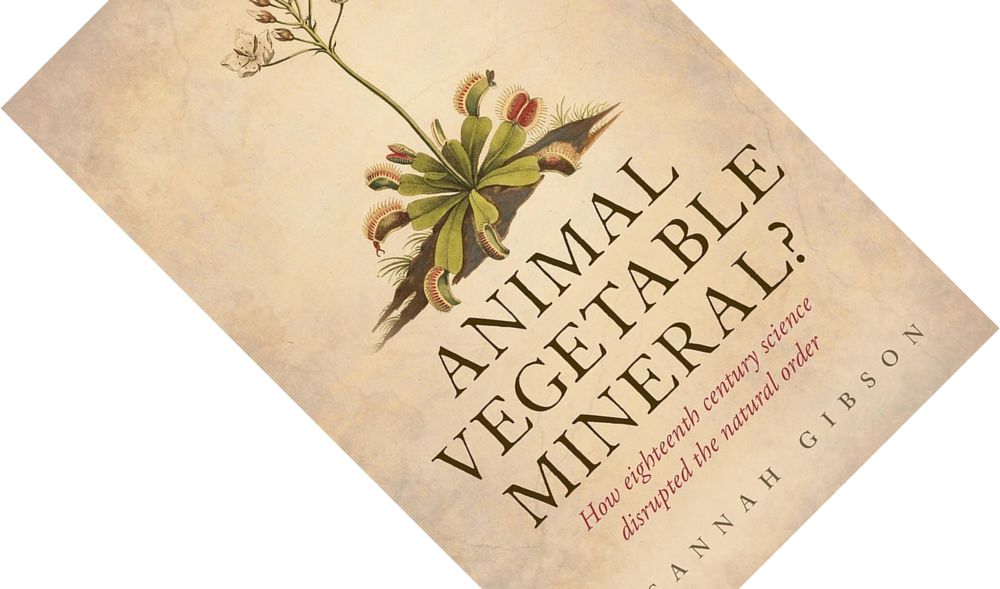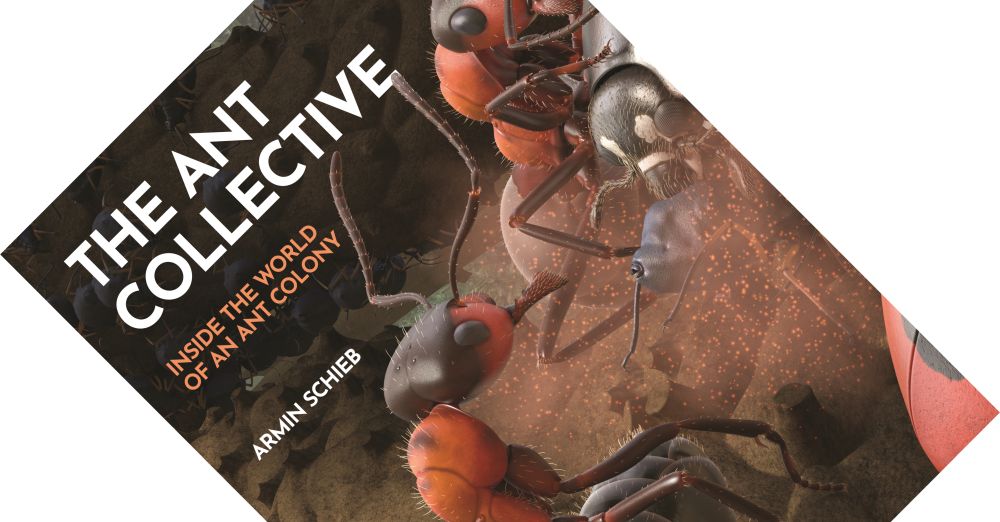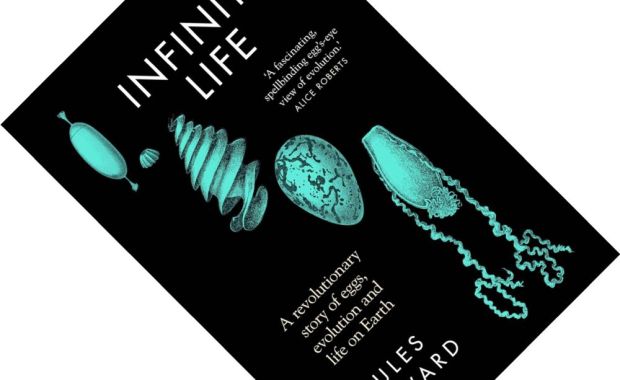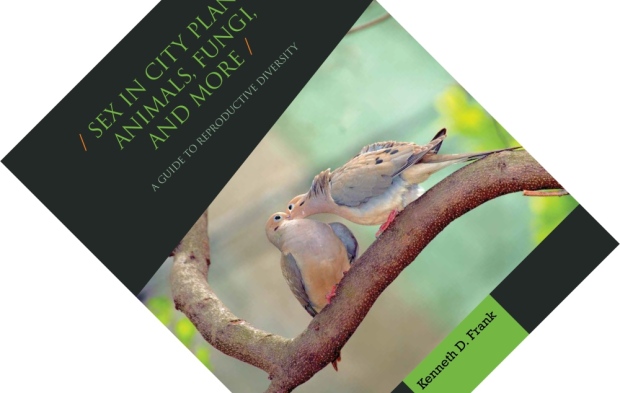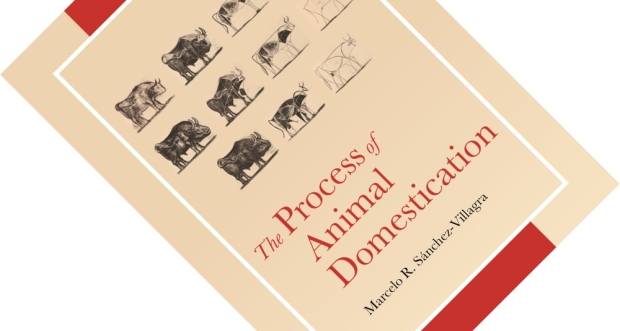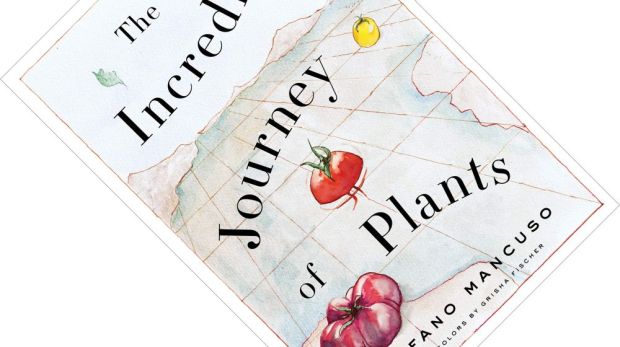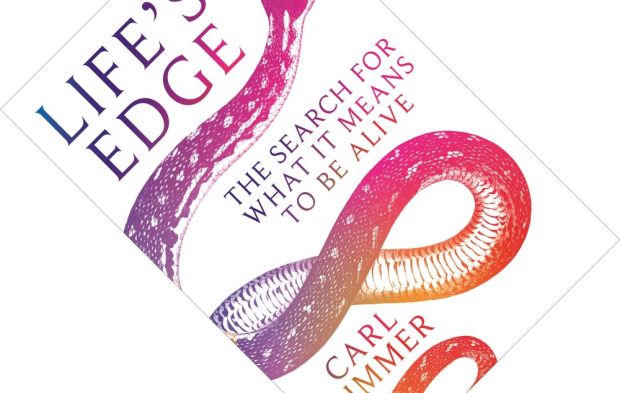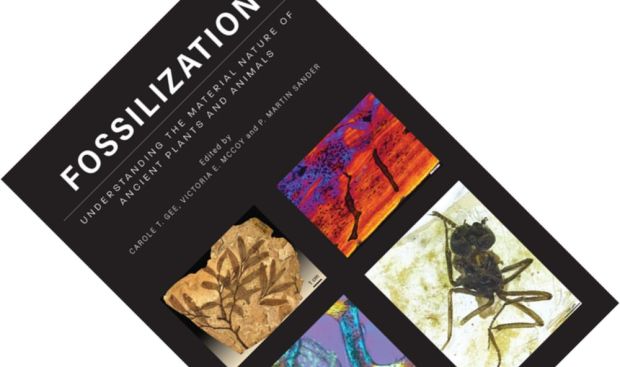7-minute read
keywords: ethology, paleontology
I have written previously that deducing behaviour of extinct animals from fossils millions of years old might seem science fiction, but is very much science fact. That said, in his previous book, English palaeontologist David Hone pointed out that dinosaur behaviour is the one area where we see the greatest disconnect between what we know and what people think we know. His new book Uncovering Dinosaur Behavior is a sobering reality check for the lay reader, but I suspect that even palaeontologists might come away wondering whether there is anything we know for sure. Concise, well-structured, and beautifully illustrated by palaeoartist Gabriel Ugueto, this is a superb book that transcends “merely” being a good popular science work by also addressing professional palaeontologists.

